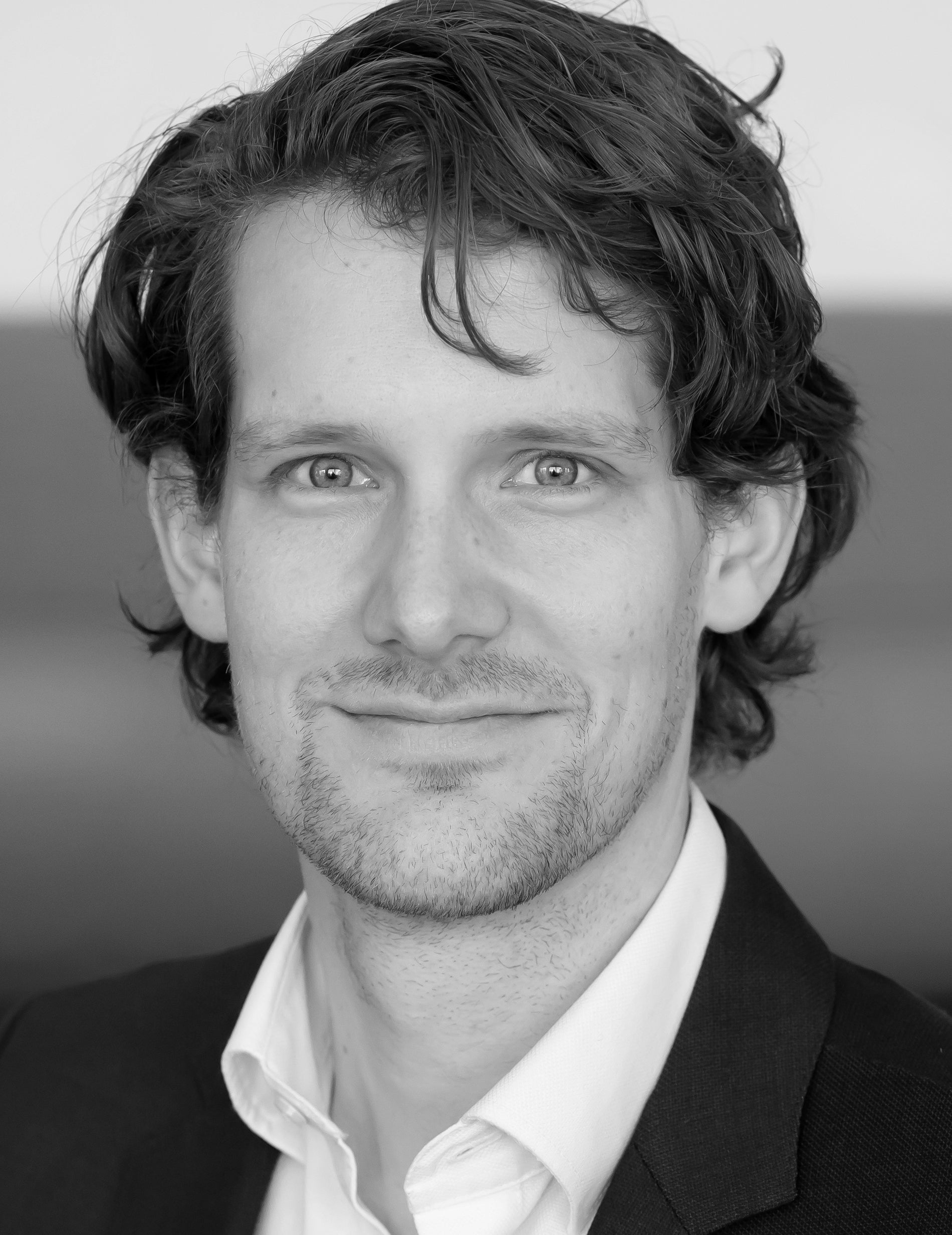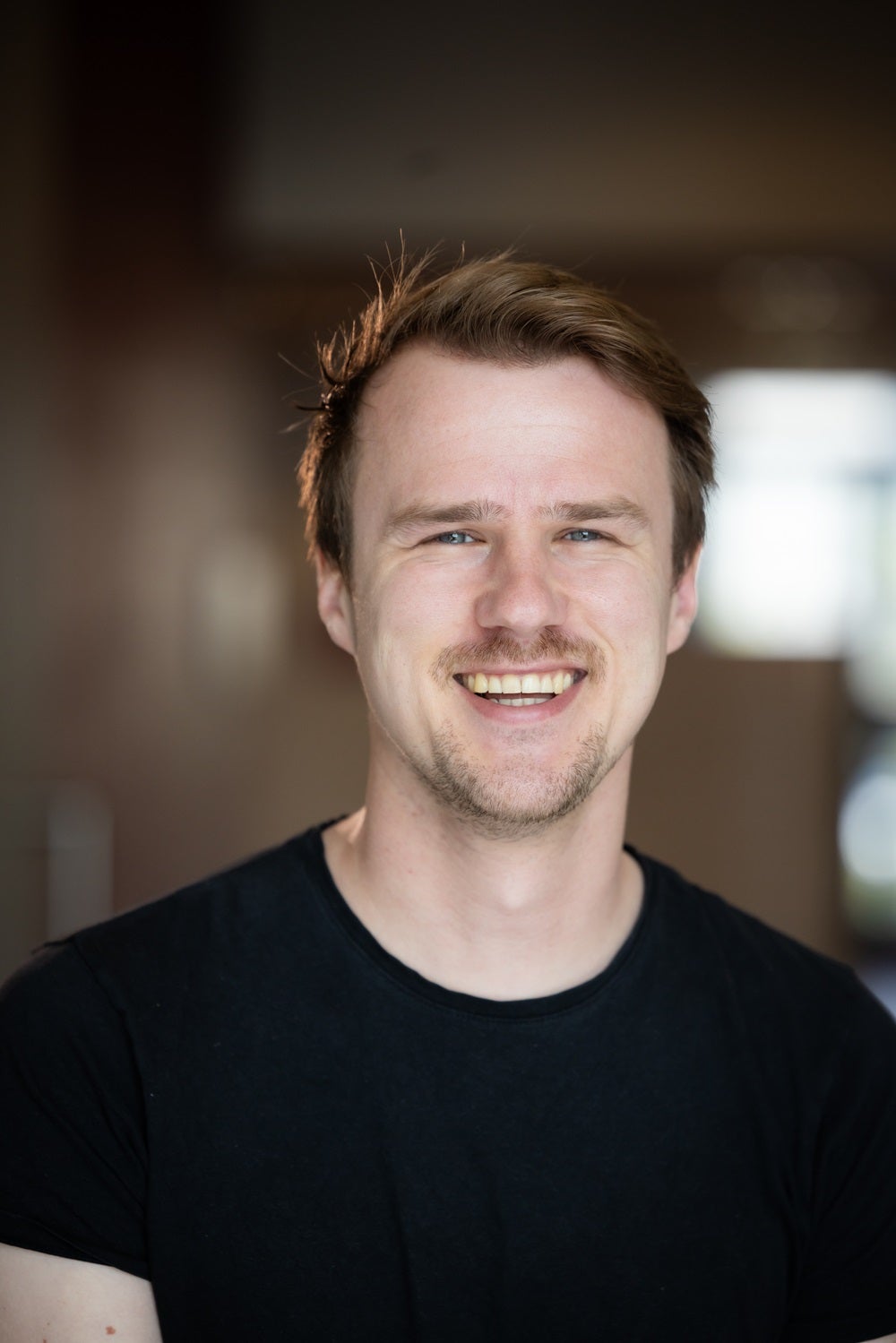UNESCO’s 2021 Recommendation defines Open Science as "an inclusive construct that combines various movements and practices." According to UNESCO, the process of building this knowledge must emphasize key values of Open Science, such as "quality and integrity, collective benefit, equity and fairness, diversity, and inclusiveness."
Aram Lee, Luisa Schneider and Saskia Duijs introducing their projects
The conversation starts with Aram Lee talking about her art project, "Tropical, Objects, Turns," in which participants use their bodies to understand objects from the Tropenmuseum archive. She conducts workshops wherein participants follow a performer, imitating her moves and creating their own movements. The performer in dance-like gestures tells the story of the object that is neither present nor named. Aram describes her method as ‘gestural research’. This research method creates knowledge that starts with the body instead of the mind.
We then turn to anthropological research, which also highlights the tension between perception and words. Luisa Schneider works with homeless people in Germany, studying the interplay between intimacy, violence and law. As we view her photographs of the fieldwork without people in them, Luisa explains how individuals might use their bodies as ways to “speak”, for instance to avoid being recognized in a public space as a person. Sometimes the objects are left to speak, while people can't communicate in the usual way.
Saskia Duijs, a medical researcher, joins the conversation to share her experience using 'photovoice' to reveal the unseen issues faced by healthcare workers. Photographs serve as means to make stories from research visible.
Academic extractivism
Knowledge institutions often convey a belief in one truth or one true meaning. In reality, there is usually more than one truth and more than one meaning. When we involve our senses in studying objects, the process becomes less about the object and more about reflecting on our thoughts and experiences. When we look at homeless people, we learn something about people with houses, people willing to attach basic human rights to a particular living arrangement. And when we show the photographs of healthcare workers to the members of the boards, we learn something about the people within the boards.
Aram’s work raises awareness of how the body is often overlooked in scientific research. Saskia and Luisa remind us that even people are commonly overlooked. Health research, for instance, tends to focus on "average people" who don't actually exist. In research, it's the norm to discuss people who aren't part of the conversation. As researchers, we extract stories and data from people and then use these "facts" out of context. The obsession with FAIR and metadata is an illustration of this tendency to abstract from the context and place the object in a different environment. Interestingly, art is so preoccupied with objects that the absence of actual objects in Aram's work feels ground-breaking.
Defining inclusivity
As we attempt to define inclusivity, we wonder if there is something like an inclusive method. Saskia argues that it's not the method but the research that can be inclusive and flexible, as also described by Luisa: “I work with people on their terms and go where my research leads me”. Aram describes inclusion as fluid rather than solid, more about a journey than a destination.
Inclusivity goes beyond creating opportunities to join; it's about equity and the extra work required to provide these opportunities to those who might not be able to join. Holding the possibility of participation within reality, preserving space, is what inclusion is about.
Saskia shares her experience in protecting the privacy of the participants, allowing them to control what can be shared. Ethical and privacy regulations that, for example, require researchers to collect participants' "consent" often replicate existing hierarchies. For example, what does "consent" mean when it’s given by someone who can't read or write? How "informed" can this person be about the implications of the information they are sharing? Perhaps art is a way to overcome this friction.
Is there room for flexible research within Open Science?
We conclude with a number of questions from the audience. One question is about the compatibility of the Open Science requirements for transparency from the beginning of the project and the fluid, flexible research approach described by Saskia and Luisa. This question points to a broader question about what Open Science means for qualitative research. In qualitative research following another researcher's steps will not yield the exact same results, so the standard understanding of replicability is not applicable. At the same time, being flexible does not mean one can't be transparent. You can deviate from your plan and be transparent about it. For qualitative research in order to contribute to Open Science it is important to determine from the beginning the important connections that need to be established and to work on them intentionally. Inclusive knowledge is created when you dare to listen to both your mind, body and other.
Do you feel curious? Ready to reflect on various aspects of knowledge creation in the digital age? We have one more dialogue coming up. Don’t miss the opportunity to take part:
- Tuesday, October 31, 4-6 PM | ART SCIENCE dialogue with Sunflower Soup & Hans Berends (CaRe&DaRe) Join us in person at the VU ART SCIENCE gallery or online at our exhibition platform


